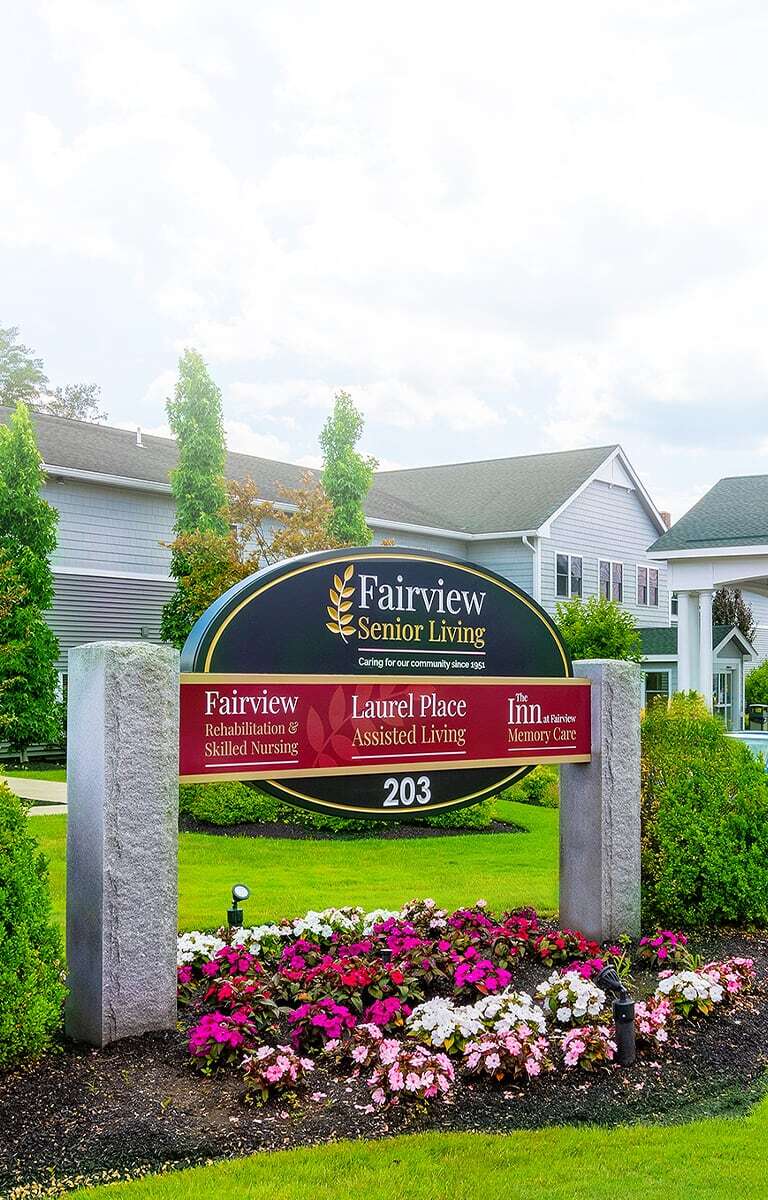Key Takeaways
- Occasional forgetfulness, such as misplacing items or missing an appointment, is a normal part of aging.
- Memory issues that interfere with daily life, such as confusion or significant difficulty recalling important information, may indicate a more serious problem.
- Seek professional advice if memory concerns are accompanied by noticeable behavioral changes or a loss of independence in everyday activities.
- Supporting loved ones with memory issues requires patience, understanding, and encouragement to access appropriate care and resources.
Misplacing your keys or forgetting someone’s name can be frustrating, but it’s a common and usually harmless occurrence. However, for some, these small memory slips may raise concerns about something more serious. Forgetfulness becomes a concern when it disrupts daily life, such as struggling to complete familiar tasks, forgetting important dates, or having difficulty following conversations.
Understanding the distinction between normal aging and significant memory loss is crucial for addressing these concerns. If memory issues are accompanied by confusion, behavioral changes, or an impact on day-to-day independence, it may be time to consult a healthcare professional and start learning about memory care. Knowing what to expect can help you make the right choice for yourself and your loved ones.
What’s the Difference Between Normal Forgetfulness and Memory Loss?
It’s common for our brains to change as we age. Just as our bodies might not be as nimble as they once were, our cognitive functions can also slow down. It might take longer to learn new things or recall information. This is often referred to as age-related memory impairment, and it’s typically not a cause for alarm.
Examples of normal, age-related forgetfulness include:
- Occasionally forgetting where you left things, like glasses or car keys.
- Forgetting the name of someone you just met.
- Getting distracted and losing your train of thought.
- Having a word on the “tip of your tongue.”
Concerning memory loss, on the other hand, it is more persistent and disruptive. It often involves cognitive impairments that interfere with daily activities, work, and social life. This type of memory loss is not a regular part of aging and may be a symptom of conditions like Alzheimer’s disease or other forms of dementia.
What Are the Early Signs of Memory Loss You Shouldn’t Ignore?
Recognizing the early signs of a cognitive impairment can lead to a timely diagnosis and better management. If you or a loved one is experiencing any of the following symptoms, it’s essential to pay attention.
- Memory Loss That Disrupts Daily Life: This includes frequently forgetting recently learned information, important dates, or events, and repeatedly asking for the same information.
- Difficulty Planning or Solving Problems: Some people may experience changes in their ability to develop and follow a plan or work with numbers. This could cause trouble following a familiar recipe or keeping track of monthly bills.
- Trouble Completing Familiar Tasks: Individuals with significant memory loss often struggle to perform daily tasks, both at home and at work, as well as during leisure time.
- Confusion with Time or Place: Losing track of dates, seasons, and the passage of time is a common symptom. Individuals might forget where they are or how they got there.
- Changes in Mood and Personality: It’s common for someone with cognitive decline to experience mood swings or become confused, suspicious, depressed, fearful, or anxious.
These signs and symptoms can significantly impact an individual’s daily life and overall well-being. Early recognition and intervention are crucial for managing and supporting those experiencing cognitive decline.
When Should You Seek Medical Advice for Memory Concerns?

If you notice any of the warning signs listed above in yourself or a loved one, it’s a good idea to schedule an appointment with a doctor. A medical professional can conduct a thorough evaluation, which may include cognitive tests, a physical exam, and a review of medical history to determine the cause of the symptoms.
An early diagnosis provides the best opportunity to explore available treatments, manage symptoms, and plan for the future. It also helps rule out other treatable conditions that can cause memory problems, such as vitamin deficiencies or side effects of medication.
How Can You Support a Loved One Experiencing Memory Changes?
Receiving a diagnosis of dementia or another cognitive impairment can be overwhelming for both the individual and their family. Your support can make a significant difference. Try to be patient and understanding. Listen to their concerns and offer reassurance.
Helping them stay organized by using calendars, to-do lists, and reminders can also be beneficial. Encourage them to remain physically, mentally, and socially active, as these activities can support cognitive health.
How Can Memory Care Help Your Family?
When facing progressive cognitive impairments like Alzheimer’s, finding the proper support can make all the difference. Memory care communities provide a secure and structured environment specifically designed to meet the unique needs of individuals with memory loss.
Here’s what sets The Inn at Fairview Memory Care in Hudson apart:
- Specialized Care: Our compassionate, highly trained staff provides 24/7 nursing care and supervision tailored to residents with Alzheimer’s and other cognitive impairments.
- Personalized Programs: Through our InnSights Program, we focus on each resident’s individuality, offering meaningful engagement and intellectual opportunities to enhance quality of life.
- Safe and Supportive Environment: Designed to ensure safety and comfort, our community provides a structured setting where residents can thrive.
At The Inn at Fairview, we’re committed to creating a positive, enriching experience for every resident, ensuring they receive the care and attention they deserve. Explore the difference The Inn at Fairview Memory Care can make for your loved one.
Your Partner in Compassionate Care
If you’re unsure whether it may be time to consider memory care, we invite you to take our quick Memory Care Assessment. This simple tool can help you better understand your loved one’s needs and whether specialized support may be the right choice.
Navigating memory changes can be a challenging journey, but you don’t have to do it alone. Understanding the signs and seeking timely support are crucial steps in managing the condition. If you believe it may be the right time for memory care, our team at Fairview Senior Living is here to answer your questions and provide guidance.
Contact us today to learn more about our warm and welcoming community and how we can support you and your loved one.




